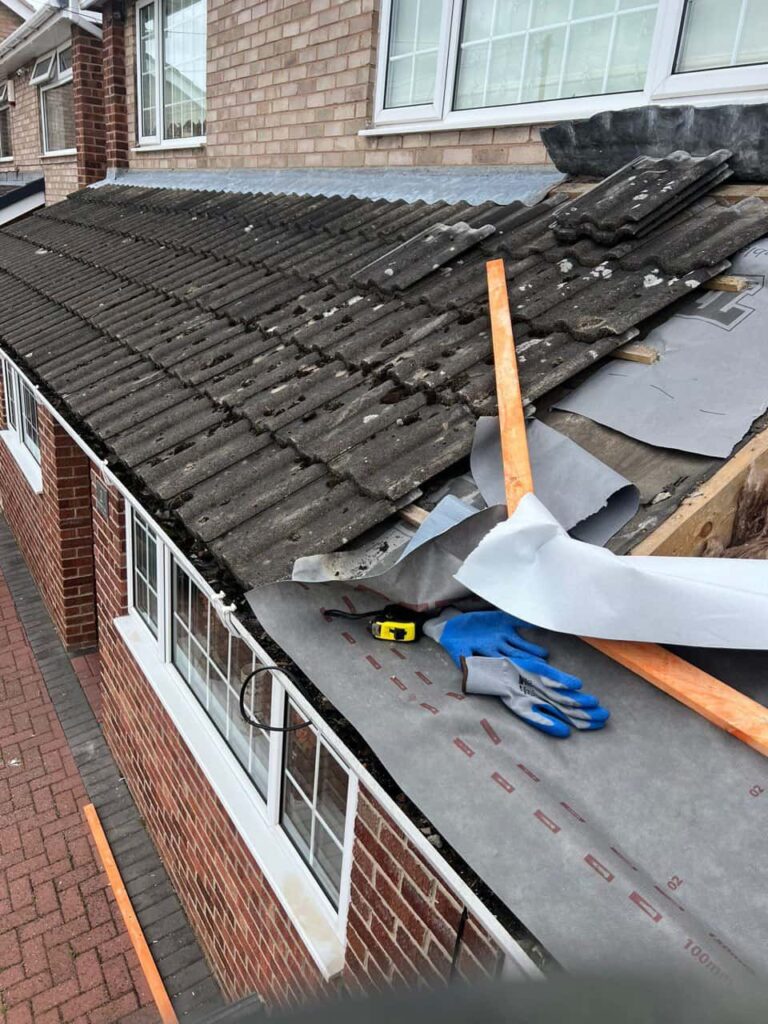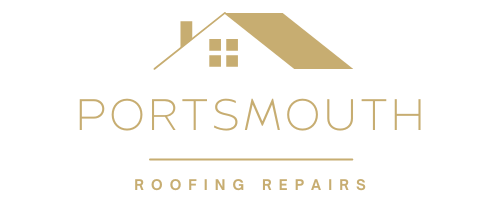Introduction: Roof leaks can be more than just a minor inconvenience. If left unchecked, they can lead to significant structural damage, compromising the safety and integrity of your home. At Portsmouth Roofing Repairs, understanding how to assess and address structural damage caused by roof leaks is crucial for every homeowner. Here’s a comprehensive guide to help you evaluate the impact of roof leaks and take the necessary steps to safeguard your property.
1. Identify the Source of the Leak
The first step in assessing structural damage is to pinpoint the source of the leak.
- Inspect the Roof: Look for signs of damage, such as missing or broken shingles, damaged flashing, and clogged gutters.
- Check the Attic. Water stains, damp insulation, and mould growth are clear indicators of leaks. Trace the water path to find the source.
2. Evaluate the Extent of Water Damage
Understanding how far the water has spread is essential for assessing the overall damage.
- Interior Examination: Inspect ceilings, walls, and floors for water stains, bubbling paint, and sagging areas. These signs indicate that water has seeped through multiple layers of your home’s structure.
- Structural Components: Closely to wooden beams, joists, and rafters in the attic and other structural areas. Water exposure can weaken these components over time.
3. Look for Signs of Mould and Mildew
Mould and mildew thrive in damp environments and can pose serious health risks.
- Visual Inspection: Check for visible mould growth, which can appear as black, green, or white spots on surfaces.
- Odour Detection: Mold and mildew growth often accompanies a musty smell. If you notice this odour, it’s a sign of hidden moisture problems.
4. Assess the Integrity of the Roof Decking
The roof decking is a crucial component that supports the entire roofing system.
- Soft Spots: Walk carefully on the roof and feel for soft or spongy areas. These indicate that the decking may be weakened or rotting.
- Inspect from Below: In the attic, look for signs of rot or discolouration on the underside of the roof decking.
5. Check for Electrical Hazards
Water and electricity don’t mix, so it’s important to ensure that leaks haven’t compromised your home’s electrical system.
- Wiring Inspection: Examine any wiring that runs through the affected areas. Look for frayed wires, scorch marks, or signs of short-circuiting.
- Consult an Electrician: If you suspect any electrical issues, it’s best to call a professional electrician to conduct a thorough inspection and make necessary repairs.
6. Evaluate Insulation Damage
Wet insulation loses effectiveness and can lead to higher energy bills and further structural problems.
- Condition Check: Inspect the insulation in your attic and walls. It needs to be replaced if it feels damp or shows signs of mould.
- Type of Insulation: Different types of insulation respond to water differently. For example, fibreglass insulation can often be dried out and reused, whereas cellulose insulation usually needs to be replaced.
7. Examine the Foundation
Though it may seem unrelated, a roof leak can sometimes lead to foundation problems if water pools around the base of your home.
- Perimeter Check: Walk outside your home and look for signs of water pooling near the foundation.
- Foundation Cracks: Inspect the foundation for any new or expanding cracks, which could indicate that water has seeped down and caused shifting or settling.
8. Professional Structural Assessment
Consider hiring a structural engineer or a professional roofing contractor for a comprehensive evaluation.
- Expert Insight: Professionals can provide a detailed damage assessment and recommend the best action.
- Peace of Mind: Knowing that an expert has thoroughly inspected your home can give you confidence in the repair process and the overall safety of your property.
Conclusion: Assessing structural damage caused by roof leaks is a critical task that requires a thorough and systematic approach. By identifying the source of the leak, evaluating water damage, checking for mould, assessing the roof decking, looking for electrical hazards, evaluating insulation, examining the foundation, and consulting professionals, you can effectively safeguard your home against further damage.
Call us on: 023 8235 2090
Click here to find out more about Portsmouth Roofing Repairs
Click here to complete our contact form and see how we can help you with your roofing needs.

